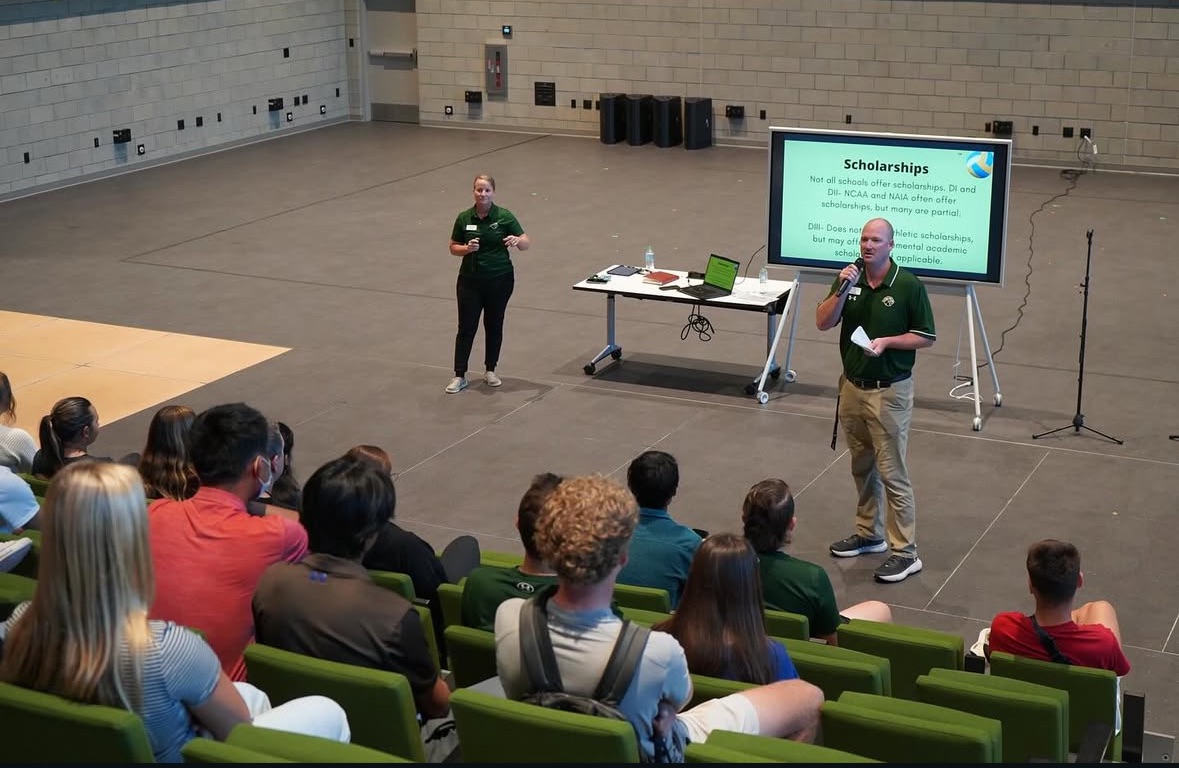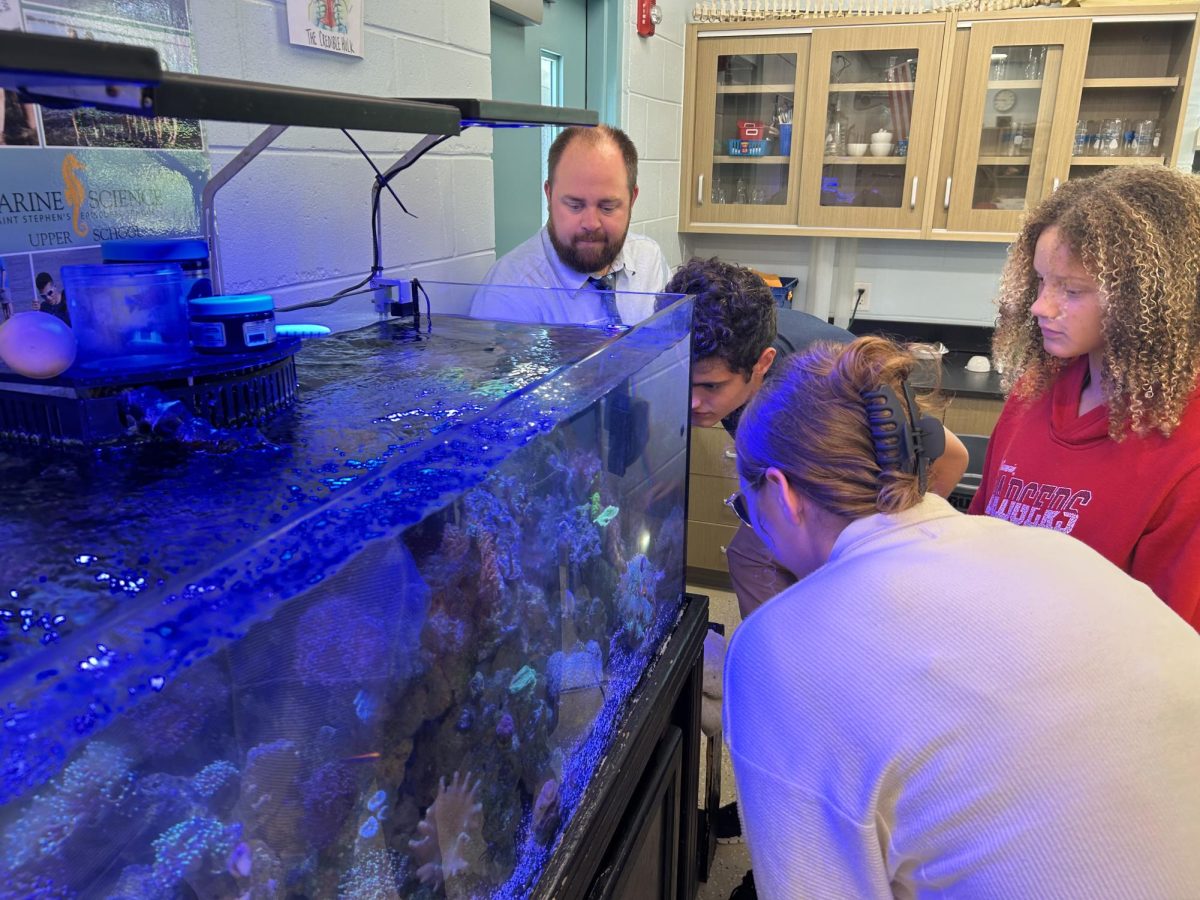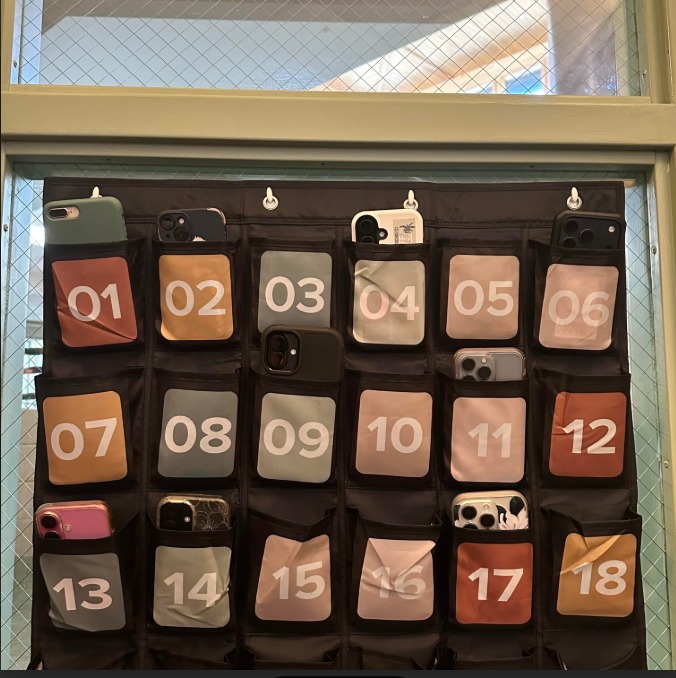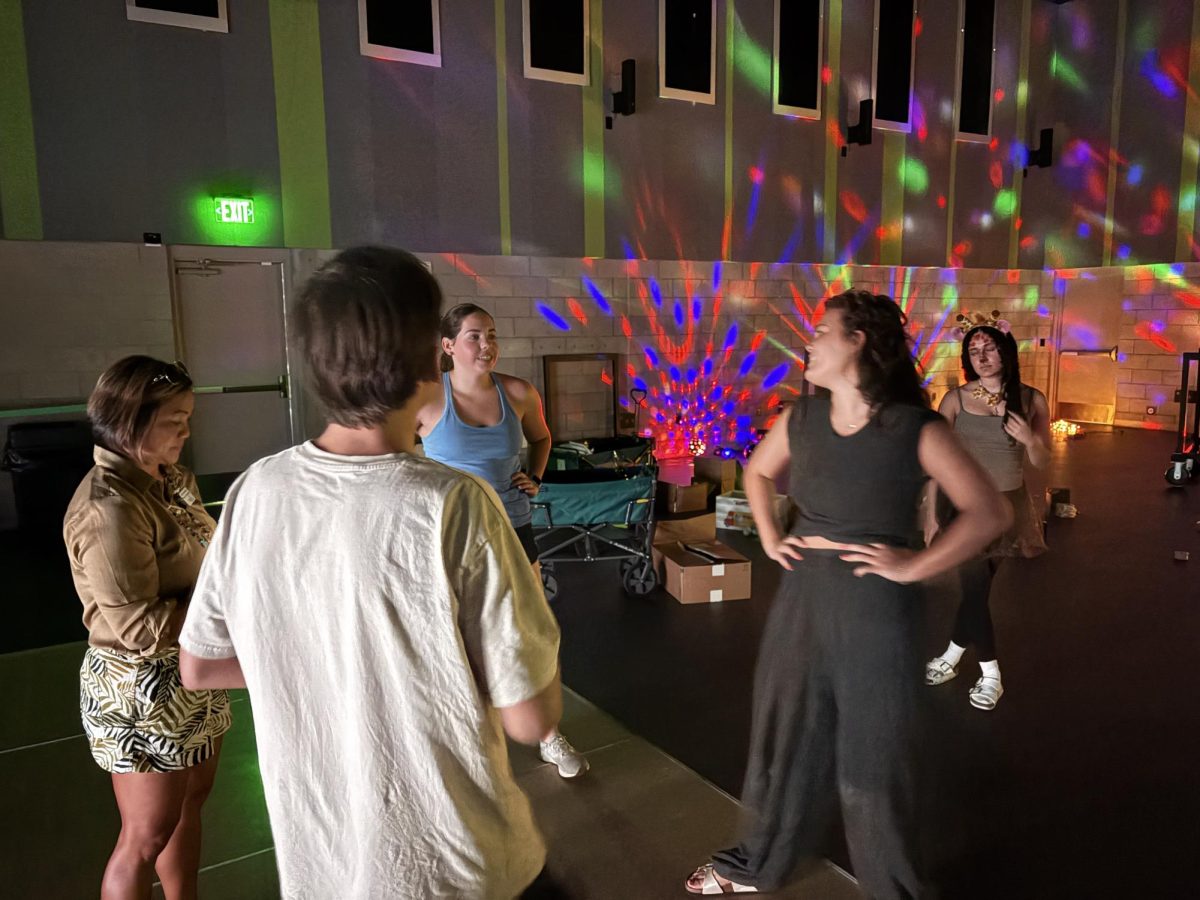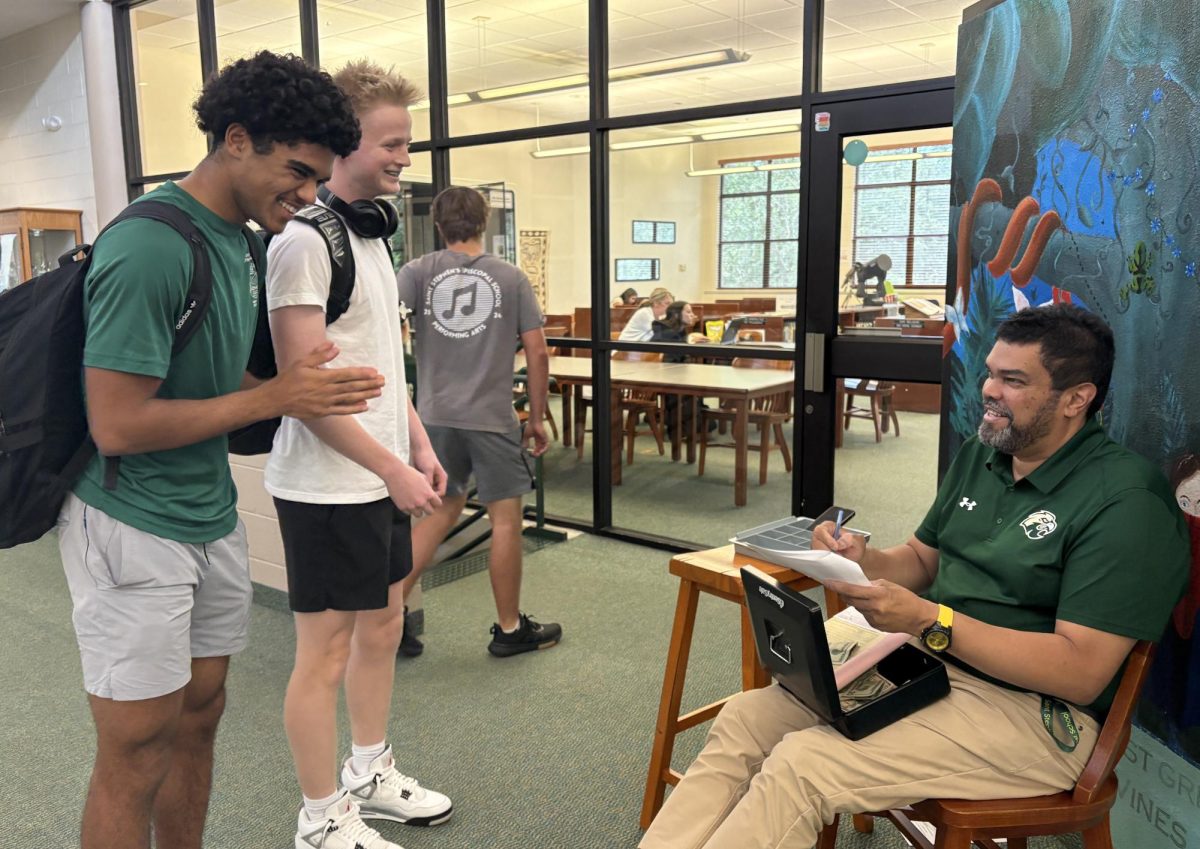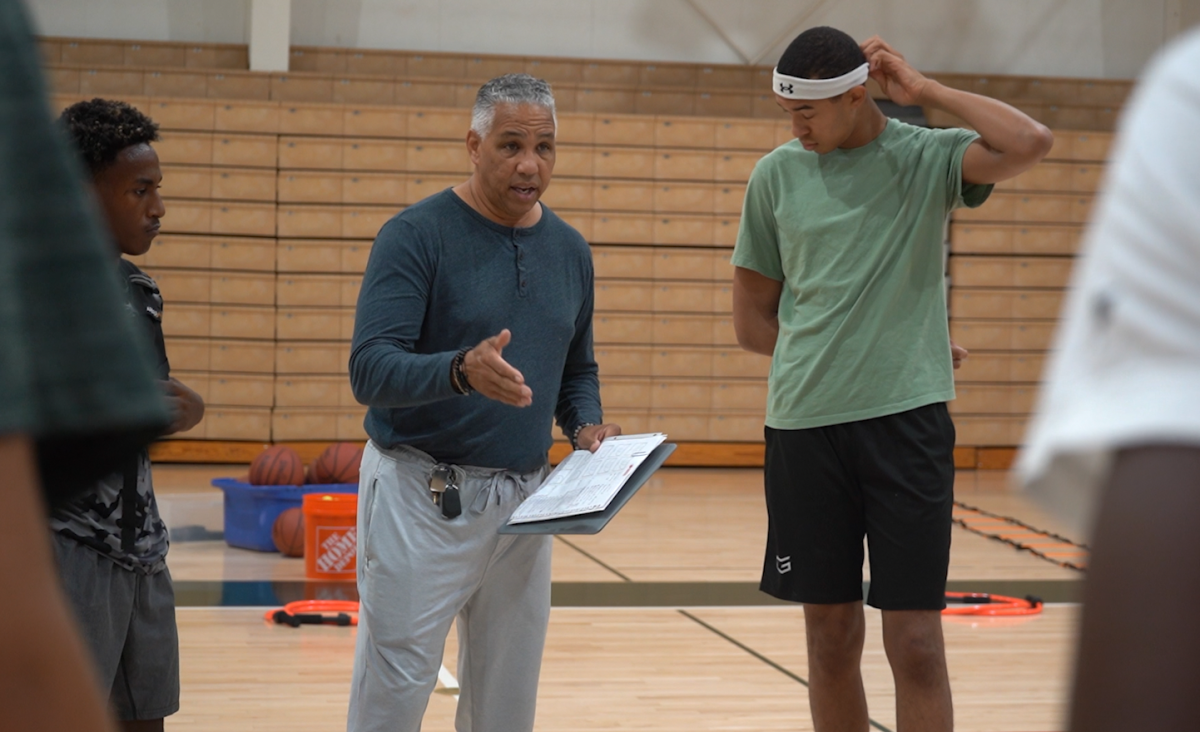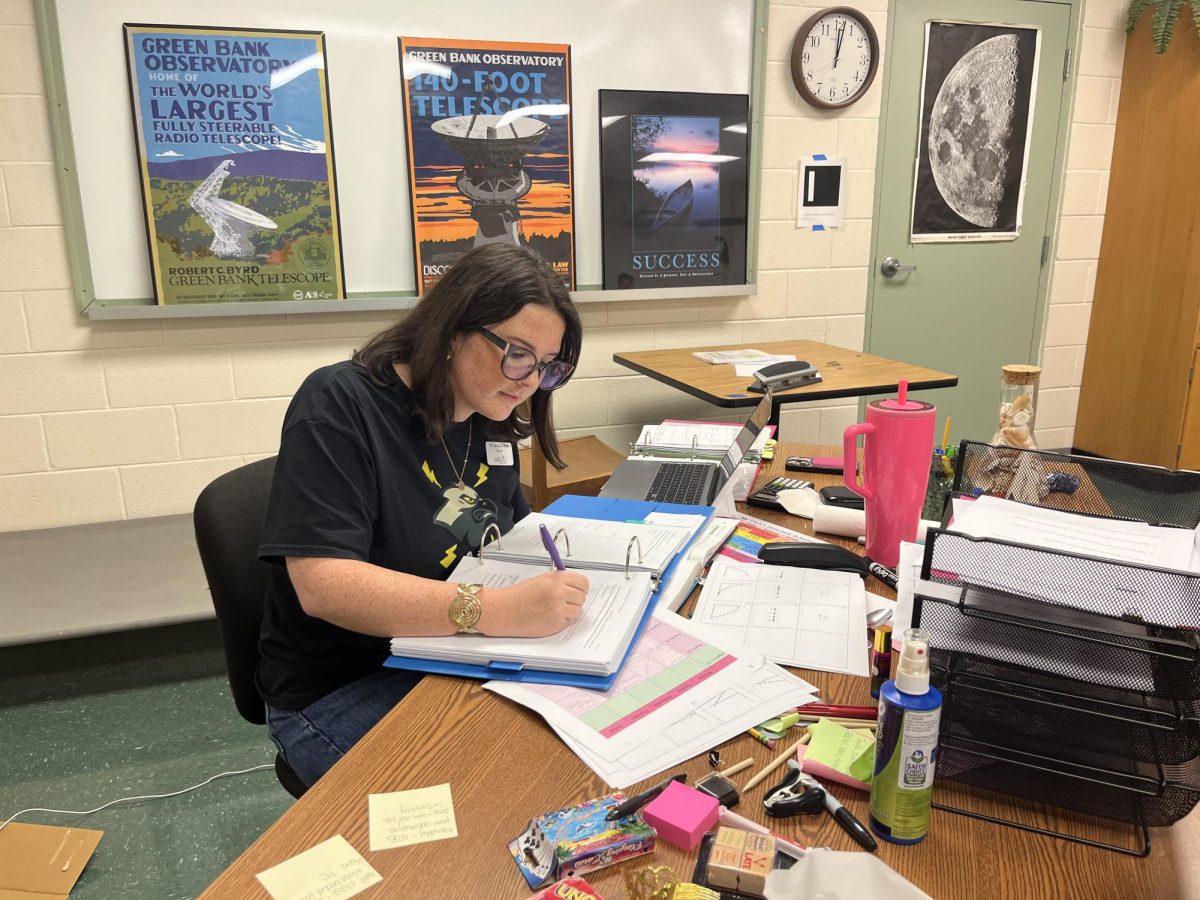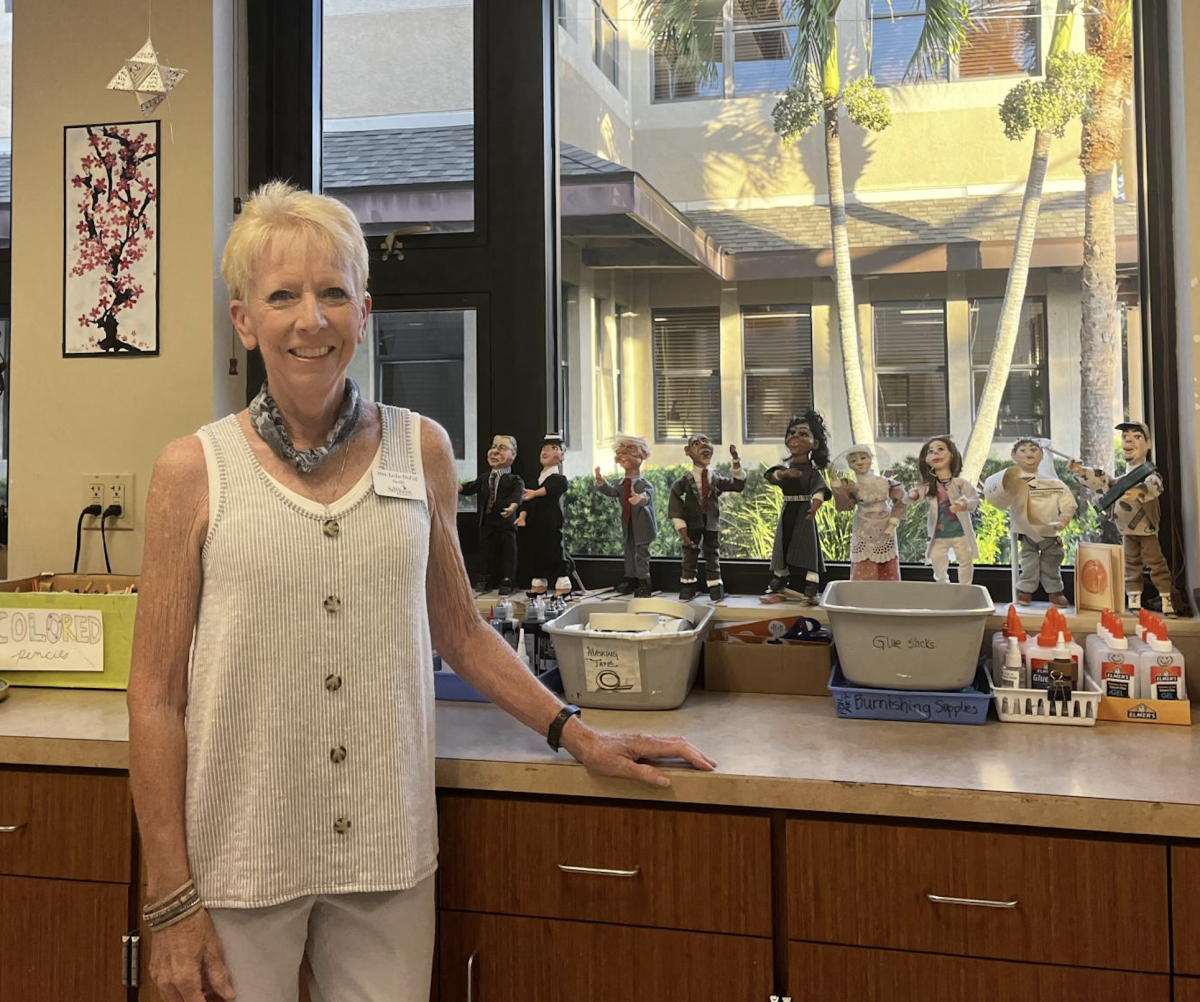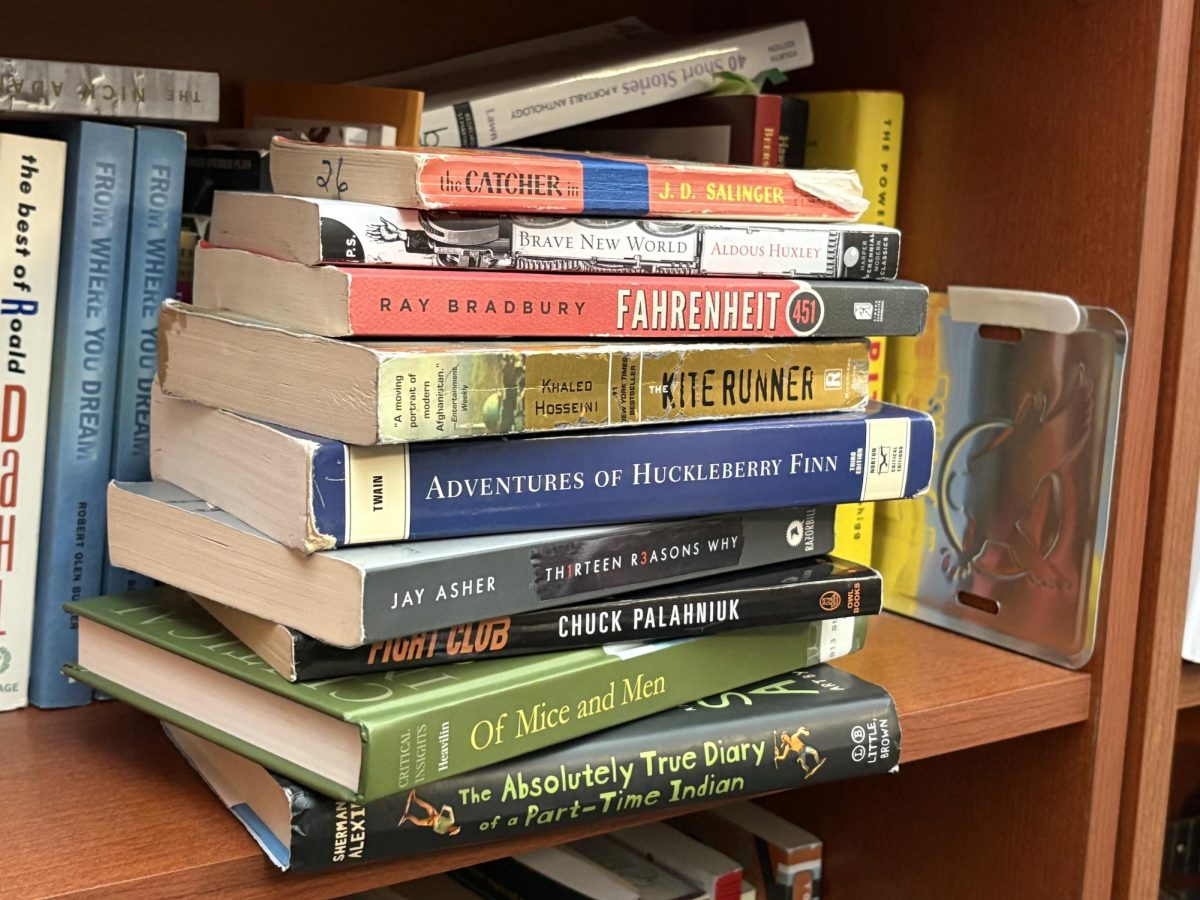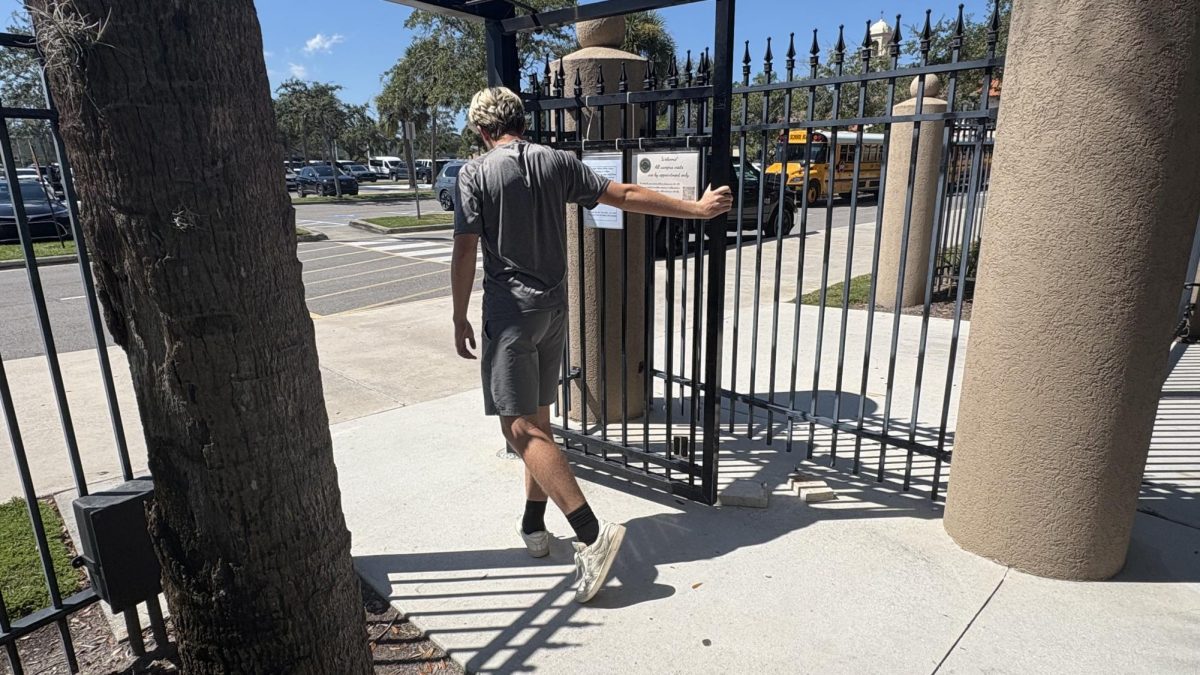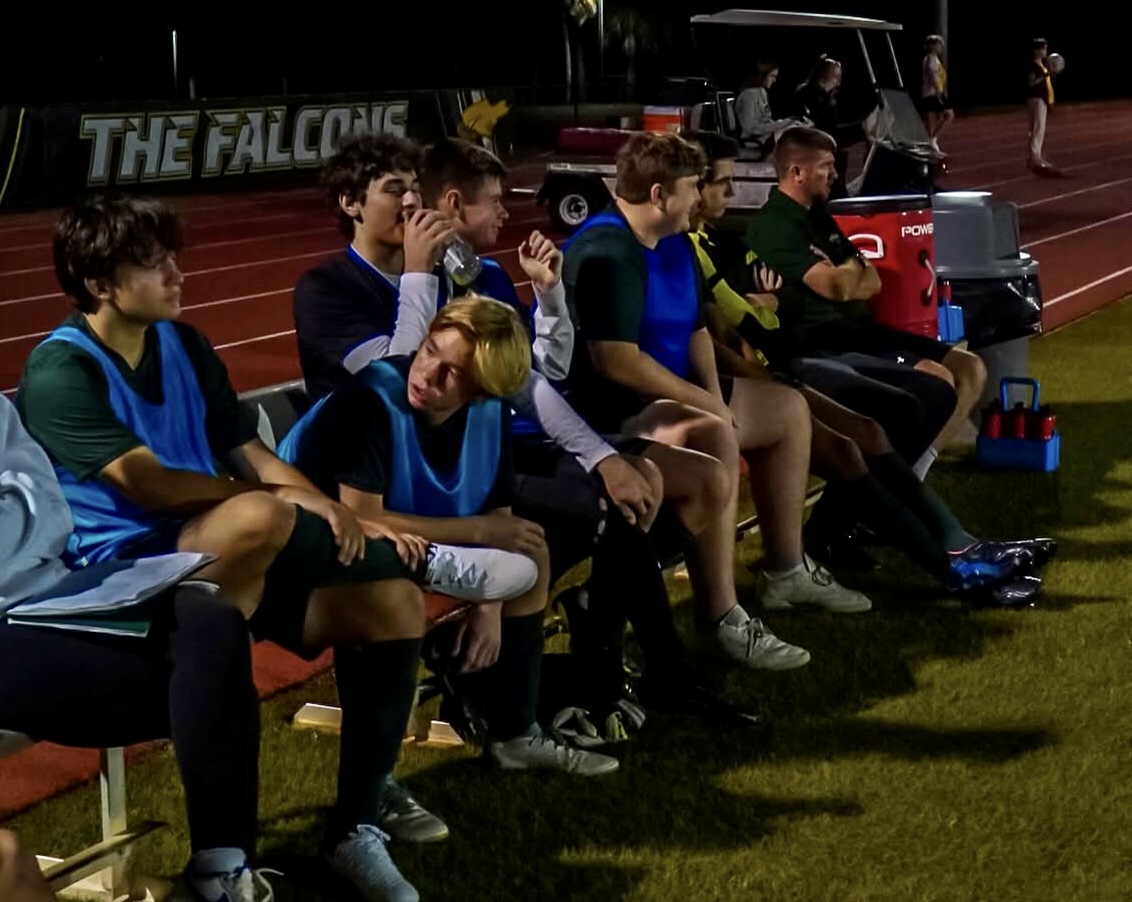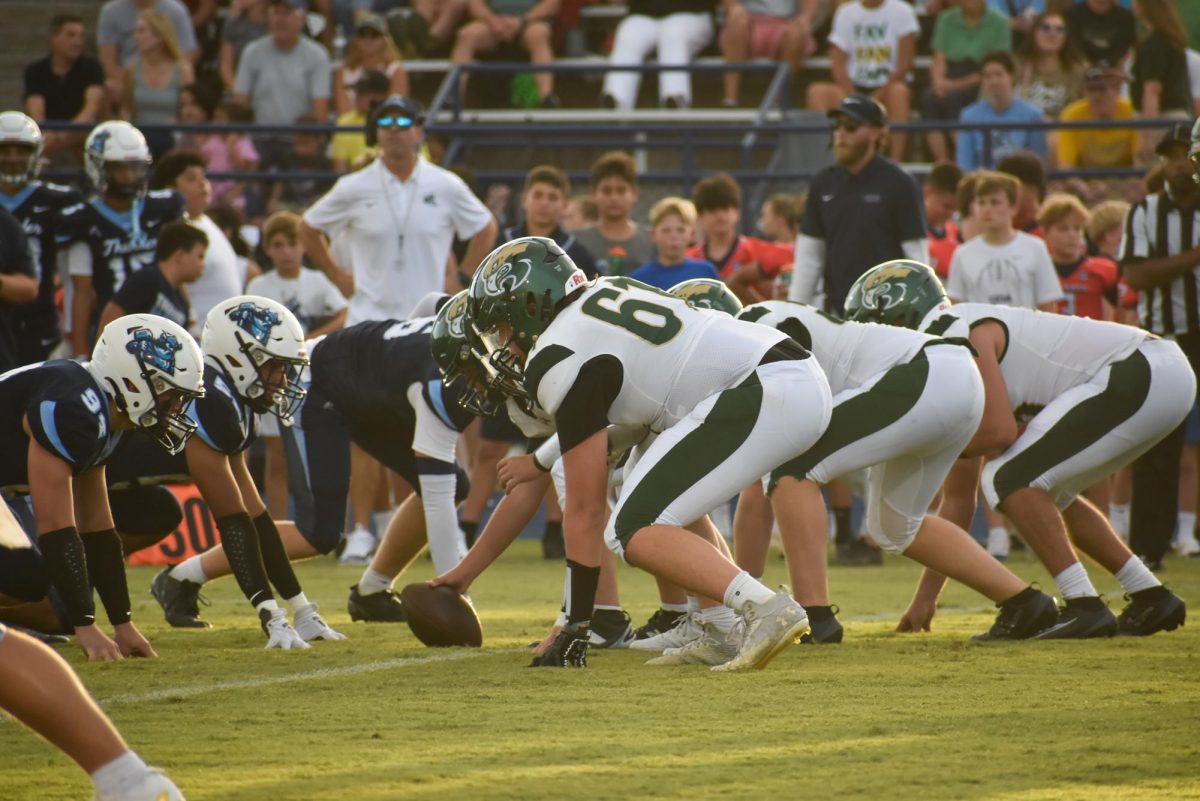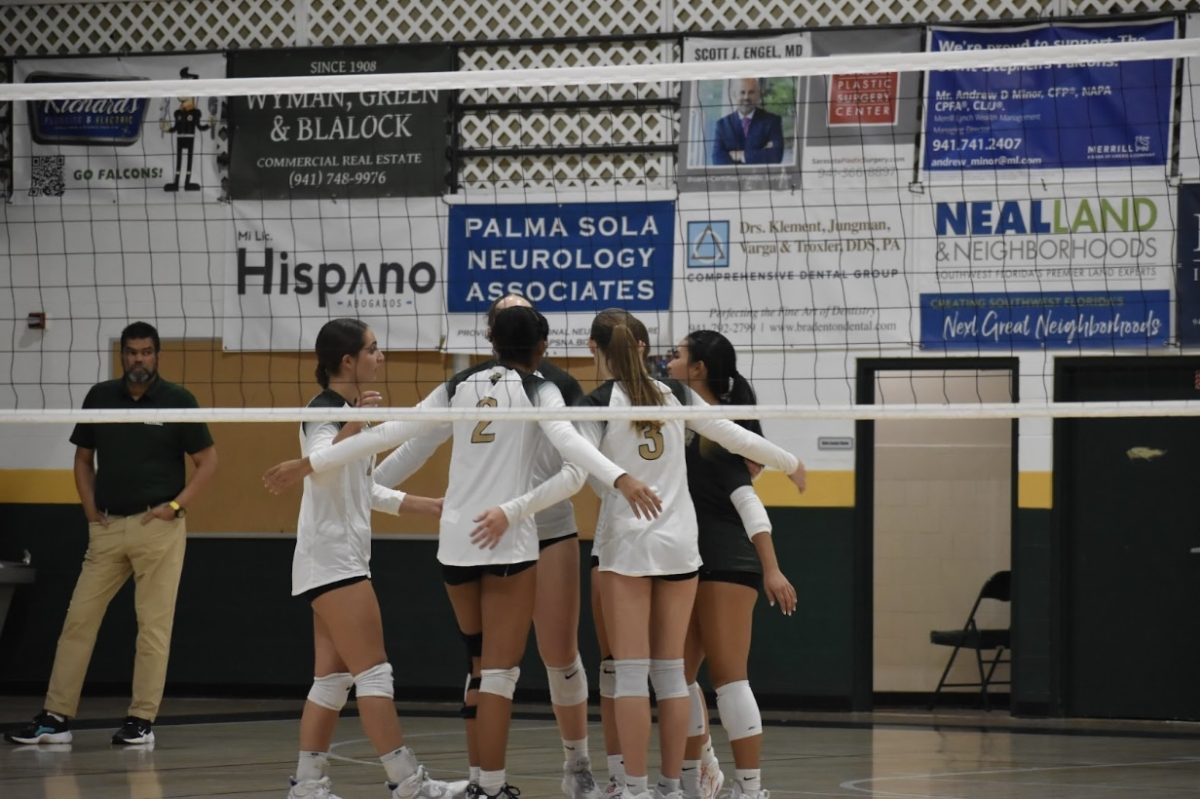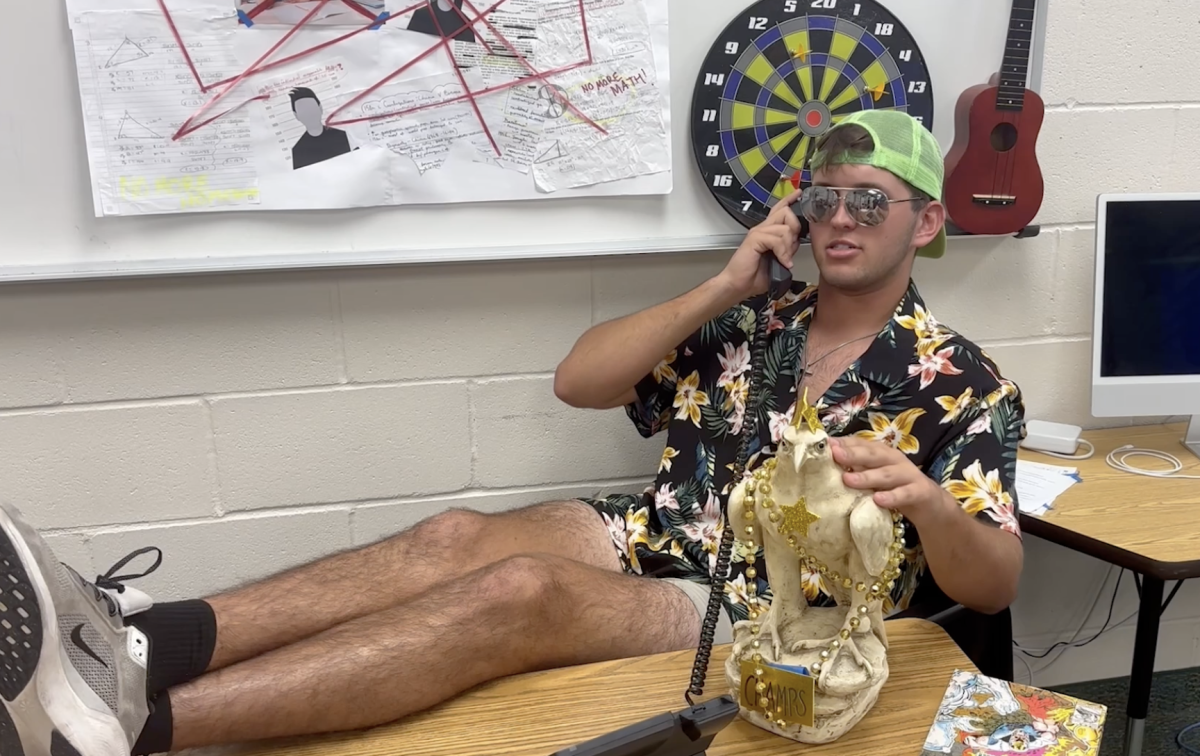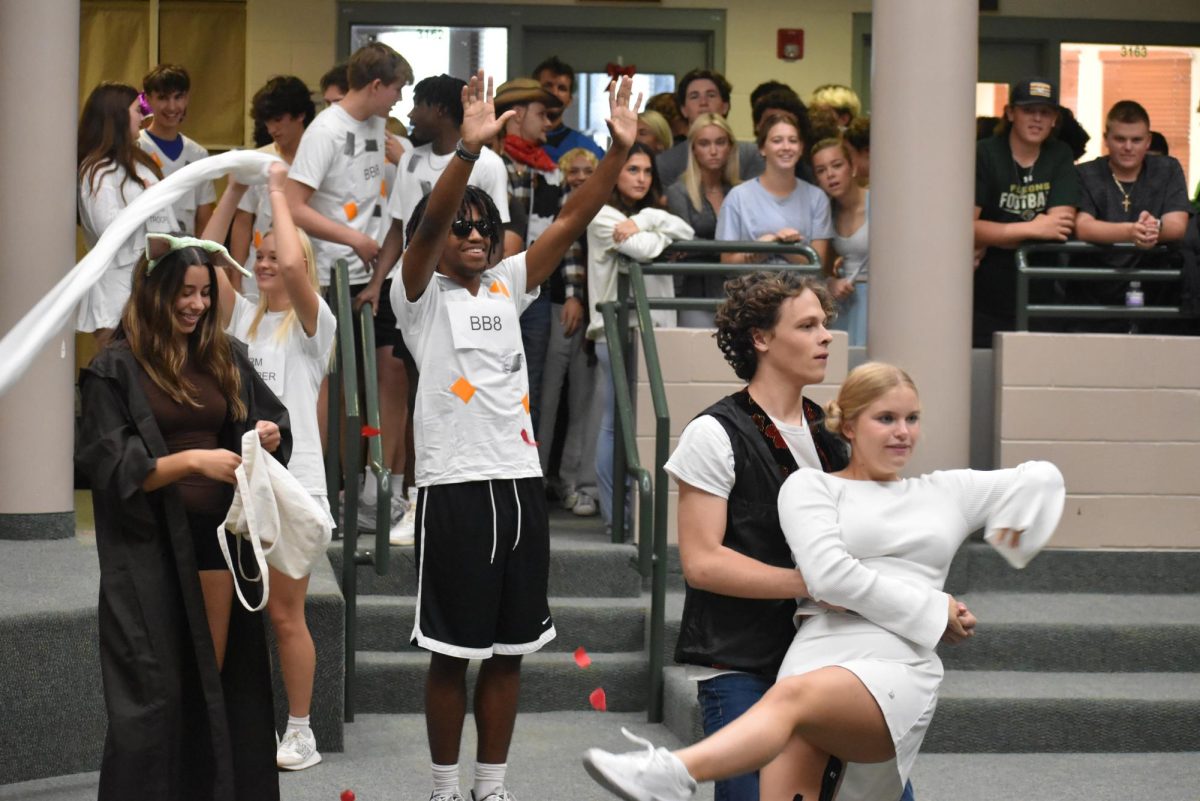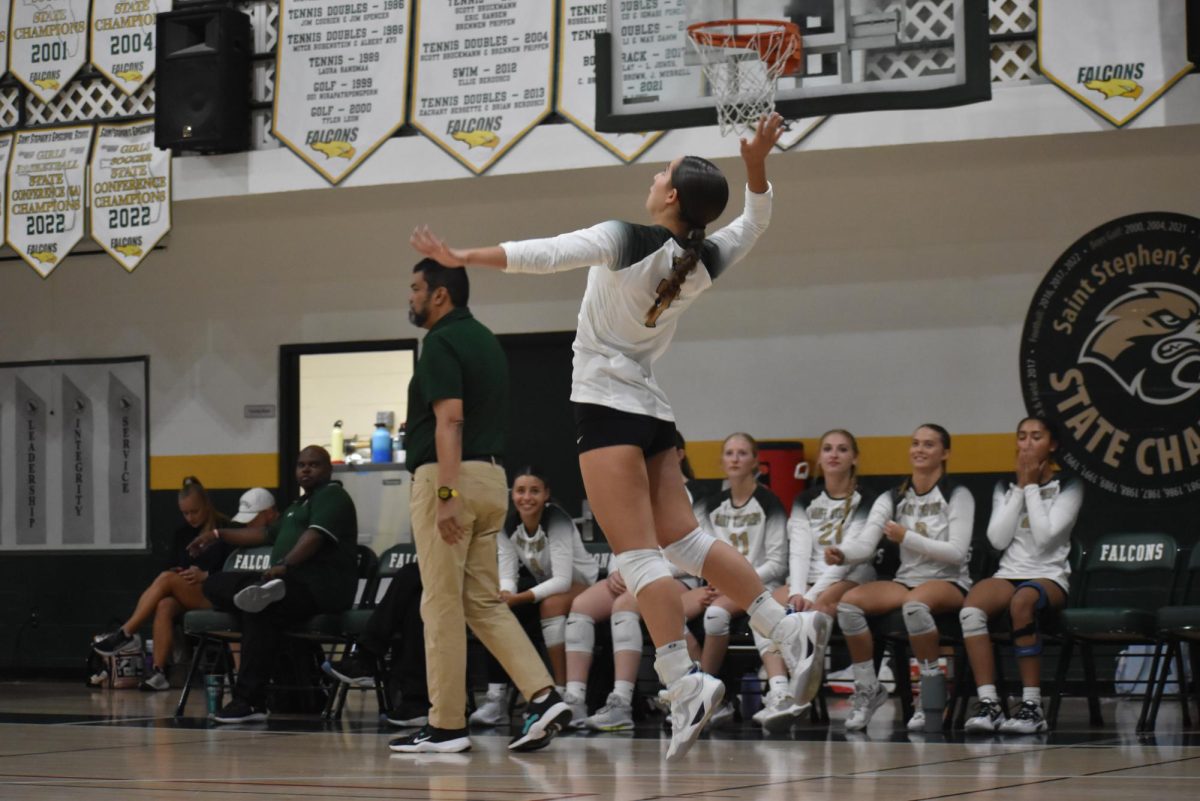Growing up, I’ve always been an enthusiast of American Sign Language. As a child, I didn’t vocally communicate until I was five years old. I talked to my family, but to anyone outside of my home, I was silent. So my mom gifted me a sign language book on my second birthday and I was thrilled.
ASL was a way for me to communicate with others and communicate silently during class. It was also nice to be able to speak with, when the occasion arose, people who are deaf, mute, or have another health challenge that affects their ability to speak. Approximately half a million people in the US use ASL as their native language.
Sadly, most schools don’t have the option to learn sign language, with only 1,000 schools nationwide teaching it around the country. But sign language is important for a multitude of reasons, and it shouldn’t always be on the backburner.
There are different types of sign languages all over the world, 138-300 different signed languages, believe it or not. There’s even a difference between America’s sign language and Britain’s, though we speak the same language.
So why should we care? Well, learning sign actually has a lot of hidden benefits that are worth noting.
Learning sign language can help in enhancing one’s attention span. Sign language is a stimulus for the brain and requires you to not look away, or else you could miss a whole paragraph of words. Developing your attention span is not only good in the long run, but also in the short run.
While some elementary schools don’t have time for ASL in their curriculum, adding it in as an extracurricular or language class could be an easy way to add it to the school curriculum.
Another viewpoint is that there’s no point in learning sign language. Deaf people can lip-read, so why should we learn?
Well not every deaf person can lip-read. People who are born deaf have a harder time lip-reading since they’ve never heard the words to know what movement your mouth makes.
Another cool aspect of ASL is that it’s seen highly on college applications. Most colleges accept ASL as a foreign language, and it can also be used as a good hook since it’s more unique than something like Spanish or German. Jobs also look at sign language highly since you’ll be able to speak with non-vocal and hard of hearing customers.
Head of College Counseling Trisha Hasbrouck explained how learning ASL can affect your college applications.
“Colleges look for all kinds of different characteristics and attributes in their applicants, and ASL could be seen as a feature that stands out.”
Hasbrouck added, “If a student wants to take ASL in college, it’s important that the student ensures it is a language offered at their schools of interest. If it is, there are several career options tied to the language, such as being an interpreter, educator, speech therapist, and more.”
ASL as a career can be a good choice especially within Florida since interpreters for concerts, news networks, theaters, hospitals, and courts can earn you 50K to 80K within a year.
Of course, not every school has time to teach sign language, but for middle and high schools, I don’t see why you couldn’t add it as a foreign language or even as an extracurricular class. Even if you don’t have an ASL class in your school, I still highly encourage you to try and intertwine sign language within your own personal schedule.

